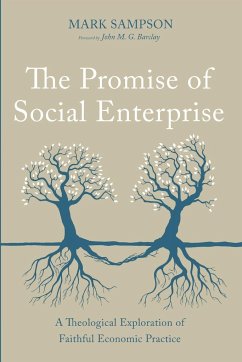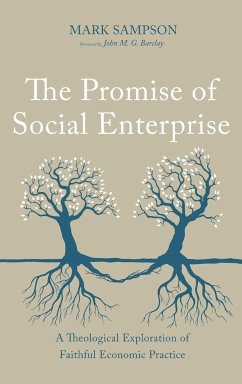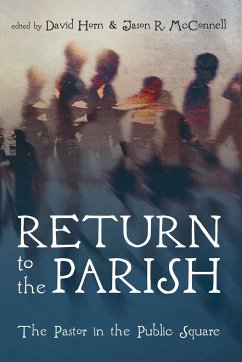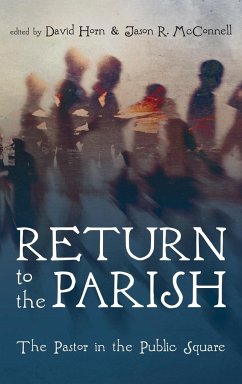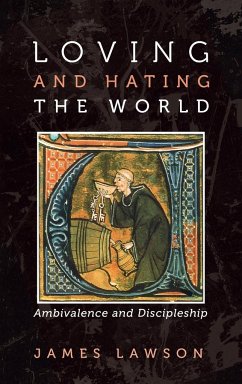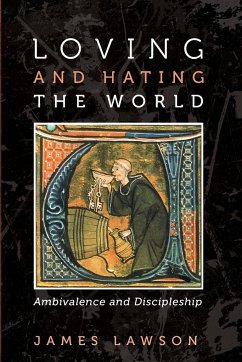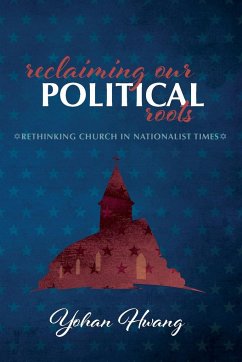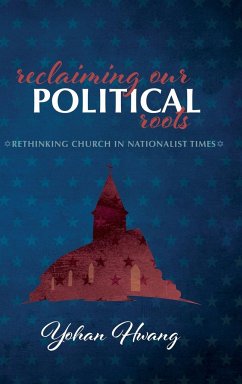
The Gap in God's Country
Versandkostenfrei!
Versandfertig in 1-2 Wochen
41,99 €
inkl. MwSt.
Weitere Ausgaben:

PAYBACK Punkte
21 °P sammeln!
Laurie M. Johnson argues that America's culture wars may seem to have erupted in the past couple of decades, but they go back centuries. For those who think that Christian nationalism (or right-wing populism) is the problem to be solved, that some people simply need to understand Christianity or politics better and become reasonable, read on. Christian nationalism and other ideological extremes are symptoms of major economic, technological, spiritual, and psychological shifts that have left too many people uprooted, disenchanted, and precarious. There are no easy answers, but Johnson tries to ...
Laurie M. Johnson argues that America's culture wars may seem to have erupted in the past couple of decades, but they go back centuries. For those who think that Christian nationalism (or right-wing populism) is the problem to be solved, that some people simply need to understand Christianity or politics better and become reasonable, read on. Christian nationalism and other ideological extremes are symptoms of major economic, technological, spiritual, and psychological shifts that have left too many people uprooted, disenchanted, and precarious. There are no easy answers, but Johnson tries to show a path out that enlists not only individuals, but also church and state. Without leadership and structure provided at the levels of the church and state, Christians, and those impacted by them, will remain part of the problem and not the solution. Johnson says to Christians: change is not talk, it's action, and Christian action can only happen with leadership that creates a context where we can work together, rather than wasting our time in culture wars.






